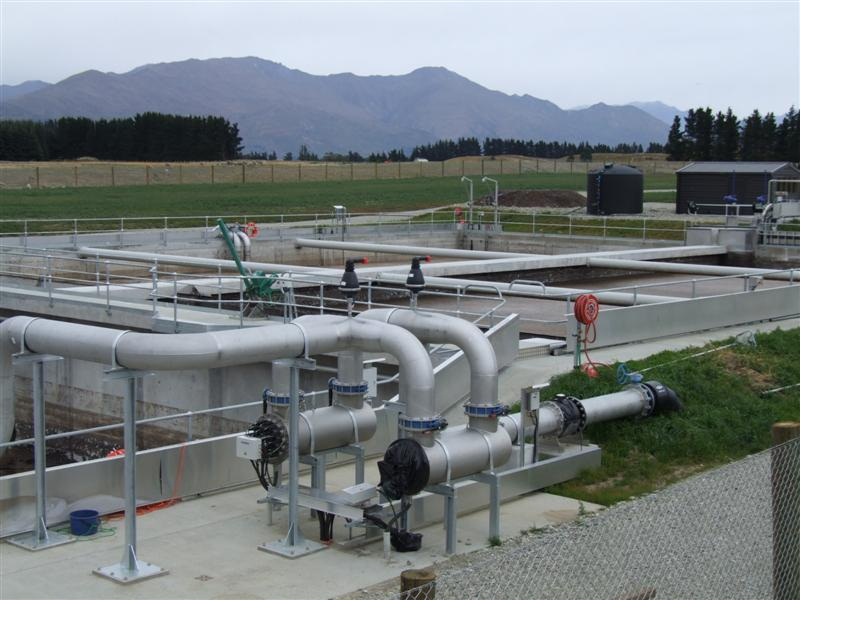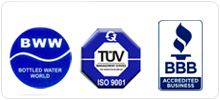EFFLUENT TREATMENT :: DISTILLERIES ZLD
A distillery is a place where beverage grade alcohol is produced. A distillery makes hard alcohol like whiskey, gin, vodka, rum, etc. The process of making distilled spirits starts off much of the same as the process involved in making beer.
The process starts by combining ingredients such as grains, yeast and water. The grains break down and convert the starch to sugar. With the help of the yeast and enzymes, the sugar gets converted into alcohol. After this process, the spent grains are drained off. The remaining liquid is poured into the still. Alcohol's boiling point is lower than that of water so it vaporizes first. Then, it is condensed by cooling the vapor, and collecting the resulting liquid, which is known as Alcohol.
Thin slope, Bio- methanated spent wash effluents are the most common effluents of distilleries and agro- chemical industries. End colour has been the challenge. With its very high BOD, COD and TSS content, which requires an eloborate treatment for attaining dishargeable norms. Industries so far have been thriving on primary and secondary treatment. Soon the norms will eventually reach to Zero discharge.
To cope up with the requirment Canadian Clear has evolved technologies to address the demand , we have end to end solutions consisting of volumetric BIO- fermenters , biological treatment with anaerobic, anoxic followed by methane gas extraction with lucrative payback periods.





























 Toll Free
Toll Free
